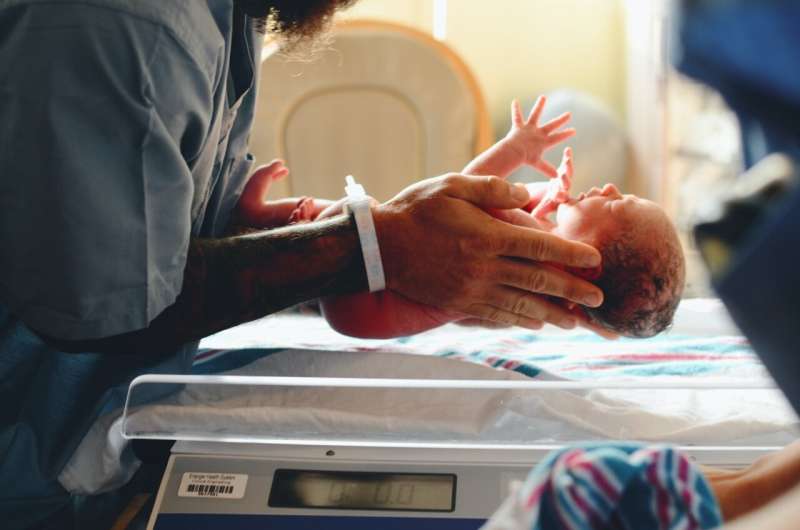Increased Risk of Hearing Loss in Children from Culturally and Linguistically Diverse Families

Research shows children from culturally and linguistically diverse families in Australia face a higher risk of hearing loss, emphasizing the need for targeted screening and early intervention to promote health equity.
Recent research conducted by The University of Queensland reveals that children belonging to culturally and linguistically diverse (CALD) families are at a higher risk of experiencing hearing loss compared to their peers from the majority ethnic groups. The study, which analyzed data from 1,469 children aged 11 to 12 in Australia, found that those from CALD backgrounds had a 58% increased likelihood of hearing impairment.
The investigation highlighted that factors such as parental English language proficiency and duration of residence in Australia significantly influence the risk of hearing issues. Children with primary caregivers who are recent immigrants and have limited English skills are more prone to hearing loss. Conversely, a longer residency in Australia appears to reduce this risk.
Additional contributors to hearing loss among CALD children include genetic predispositions and barriers to accessing health services. These barriers encompass cultural beliefs, mistrust of healthcare systems, and a lack of interpreting services at hearing clinics, all of which hinder timely diagnosis and intervention.
Experts emphasize the importance of implementing targeted screening programs in schools, especially for children from newly migrated families. As Australia boasts a highly diverse population, understanding and addressing these disparities is vital.
Professor Piers Dawes from UQ highlighted the need for further research into health inequalities among diverse communities. The study utilized data from the 2015 Child Health Checkpoint and excluded Indigenous populations, suggesting future work should explore all demographic groups.
Dr. de Silva underscored that early detection and intervention are critical to prevent lifelong educational and quality-of-life impacts. Raising awareness within CALD communities about the prevalence of hearing loss and promoting early screening can contribute to equitable health outcomes.
This research underlines the ongoing necessity to reduce health disparities and ensure all children, regardless of their cultural or linguistic background, have access to timely and appropriate hearing healthcare.
Stay Updated with Mia's Feed
Get the latest health & wellness insights delivered straight to your inbox.
Related Articles
Impact of Dobbs v Jackson Decision on Abortion Provider Relocation in Banning States
A recent study reveals that 42% of abortion providers in states with bans have relocated post-Dobbs, impacting healthcare access and maternal outcomes. Learn more about this significant shift in reproductive healthcare.
Study Finds Parent-Owned Firearms Predominantly Used in Youth Suicide Cases
Research reveals that most youth firearm suicides involve guns owned by parents, often stored unlocked, highlighting the urgency of secure firearm storage to prevent youth tragedies.
Reevaluating the Impact of Physical Fitness on Mortality: New Findings from Uppsala University
Recent study reveals that the perceived link between high physical fitness and reduced mortality risk may be overstated, highlighting the need for nuanced health assessments.



